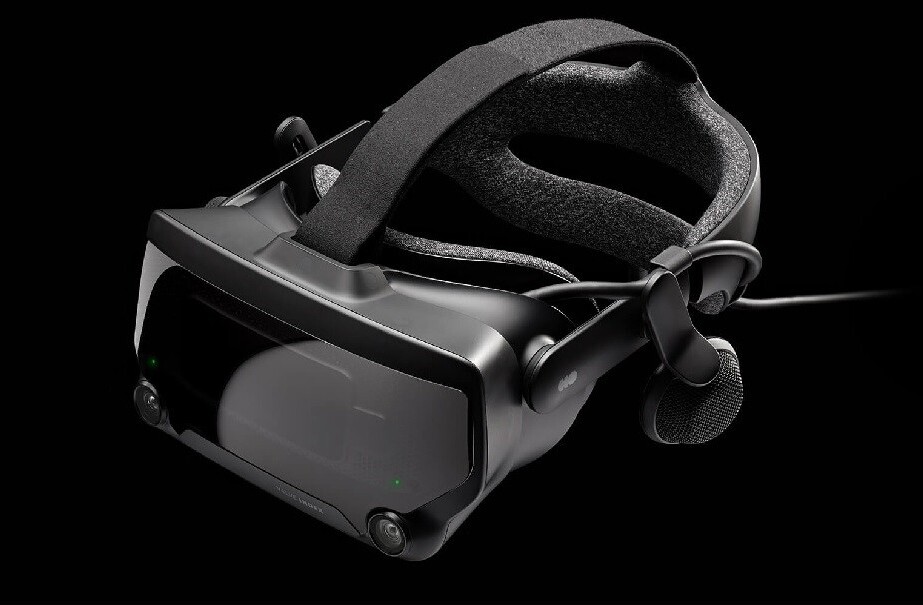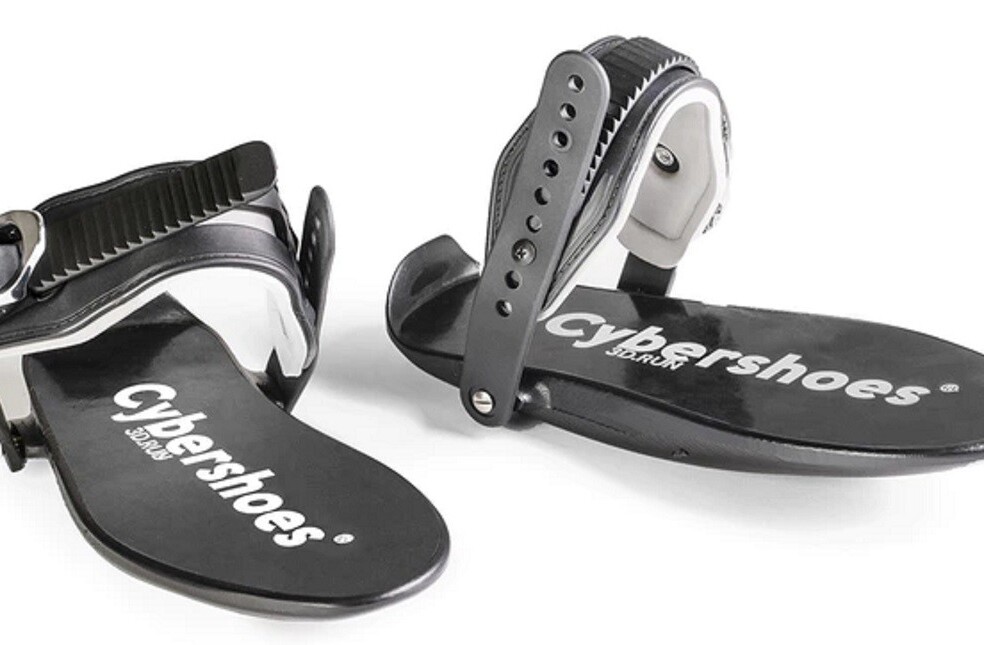
Apple has filed another patent infringement complaint with the ITC against Taiwan-based smartphone manufacturer HTC, looking for an import ban on a number of the vendor’s mobile devices. Updates below.
The new complaint focuses on Portable Electronic Devices and Related Software, which is likely to incorporate both HTC’s smartphones and tablet devices. It requests that the Commission conducts an investigation under section 337 of the Tariff Act of 1930, which means Apple is effectively seeking a ban on HTC imports.
Itctla.org describes Section 337:
[It] is an important means for combating unfair practices in the import trade and especially for enforcing U.S. intellectual property rights at the border. If imports are found to violate Section 337, an exclusion order will be issued to the U.S. Customs Service excluding these products from the United States.
Once a complaint is filed, the ITC has 30 days to determine whether an investigation should be undertaken on the evidence present in the complaint.
The Cupertino-based company initially filed a complaint in March 2010, stating that it believed HTC had infringed on 20 patents. The claims specifically named the Nexus One, Touch Pro, Touch Diamond, Touch Pro2, Tilt II, Pure, Imagio, Dream / G1, myTouch 3G, Hero, HD2, and Droid Eris – including both Android and Windows Mobile devices.
Some of the patents essentially covered any touchscreen phone, including a patent for “Touch Screen Device, Method, And Graphical User Interface For Determining Commands By Applying Heuristics.”
HTC went on the record as being completely shocked. It noted at the time:
We respect and value patent rights but we are committed to defending our own innovations. We have been innovating and patenting our own technology for 13 years.
Days passed before HTC issued a response in relation to the patent infringement lawsuit, with HTC CEO Peter Chou stating:
HTC disagrees with Apple’s actions and will fully defend itself. HTC strongly advocates intellectual property protection and will continue to respect other innovators and their technologies as we have always done, but we will continue to embrace competition through our own innovation as a healthy way for consumers to get the best mobile experience possible.
From day one, HTC has focused on creating cutting-edge innovations that deliver unique value for people looking for a smartphone. In 1999 we started designing the XDA(i) and T-Mobile Pocket PC Phone Edition(ii), our first touch-screen smartphones, and they both shipped in 2002 with more than 50 additional HTC smartphone models shipping since then.
Chou was true to his word. In May, HTC filed a response to Apple’s claims, countersuing Apple and asking for a ban on imports of Apple’s iPhone, iPad and iPod products into the United States.
The complaint said that Apple has violated five of HTC’s patents related to mobile phones and devices. Some of the patents included: “Method for Power Management of a Smart Phone,” “Telephone Dialer with Easy Access Memory” and “Power Control Methods for a Portable Electronic Device.”
Apple’s move follows its request to ban imports on 8 Samsung devices including 6 phones and 2 tablets, asserting that Samsung had violated 5 utility patents and 2 design patents granted to Apple.
By submitting a new complaint, Apple may be able to include a number of HTC’s newer smartphone and tablet devices, adding to the large number it has already included.
Update: The devices and patents that Apple is claiming against HTC have been revealed by the release of the document. These are all Android smartphones and tablets of various models including the HTC Droid Incredible, Droid Incredible 2, Wildfire, T-Mobile mytouch 3G, T-Mobile myTouch 3G Slide, T-Mobile G1, T-Mobile G2, Evo 4G, Aria, Desire, Hero, Merge, Inspire 4G, Evo 4G, Thunderbolt, Thunderbolt 4G, and the HTC Flyer tablet.
Apple is using 5 separate patents on scrolling, rotation and scaling operations on touch-screen displays, as well as touch screens used in vehicle instrumentation, to prove their claims. There is also one that refers to ‘portable computers’ and one that is for a double-sided touch-sensitive panel.
All of the products named in the suit would be subject to a ban on imports unless modified to remove the technologies Apple has claims against if the judgement is in its favor.
Get the TNW newsletter
Get the most important tech news in your inbox each week.





